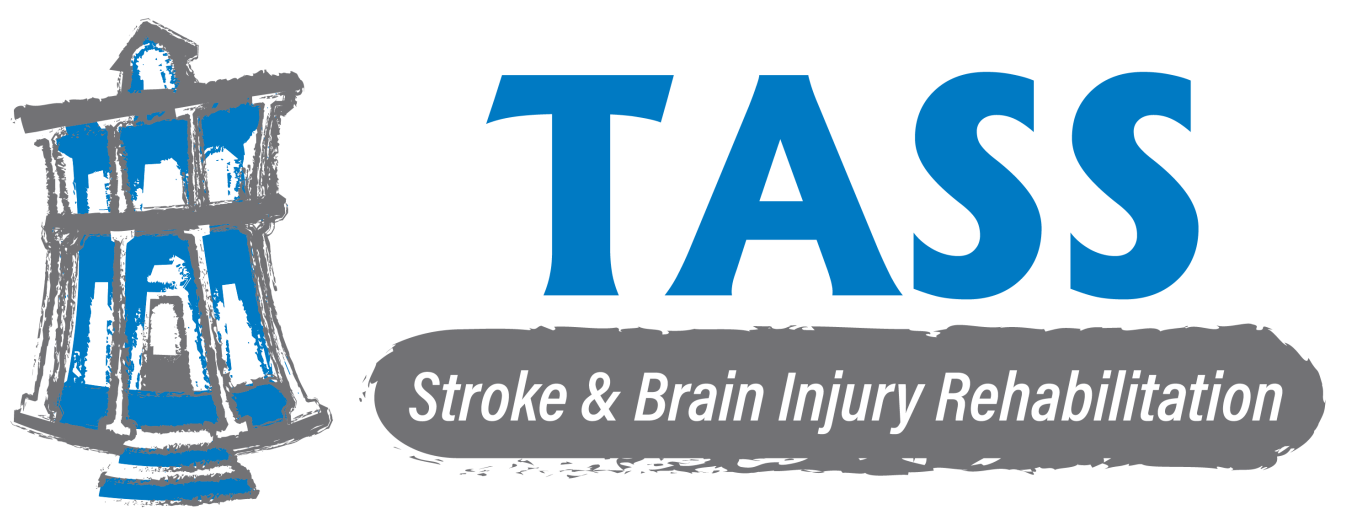Occupational Therapy
“In the middle of every difficulty lies opportunity."
The Route to Recovery
Basic Life Skills
Occupational therapy is the means by which our clients re-learn some of the basic life skills that they may have lost or altered due to their brain injury. This may be simple tasks such as cooking, cleaning and gardening; or, if they now require a wheelchair or other walking aid, it could be getting comfortable using them.
Everyday Tasks
Occupational therapy begins on day one of the client's course of treatment and continues through their journey until they become competent with their everyday tasks once again. The treatment a client receives is tailored to their own unique requirements and injury conditions.
Personal Independence
Typical treatment periods involve up to 5 hours per week, but the duration of each session will once again be suited to the individual. Only a small part of the therapy involves a gym, and the bulk of it will be focused on letting the client feel comfortable and at home in order to make the process of relearning tasks as pain and stress-free as possible.
Environmental Awareness
We utilize a variety of different environments to give each client a wide range of useful experiences. One of the places that our clients enjoy visiting for example is a small mosaic shop nearby called “Touch of Glass”. The calming nature of this experience, along with the rest of the treatment, helps the client feel relaxed and thus better able to carry out the tasks required for their rehabilitation.
The occupational therapist at TASS works to ensure that our clients are as independent as possible in their ability to take care of themselves and their surroundings. Specifically, the occupational therapist helps the client to resume doing self-care (eating, dressing, showering and hygiene, and so on), residential responsibilities (keeping the bedroom and bathroom clean, planning and preparing meals, doing laundry, etc.) and community living (shopping for essential items, using services such as the post office, shopping centers, and other public accommodations, using public transportation, and so on).
Occupational therapists have extensive education and training with the physical, cognitive, and emotional disabilities that are the underlying cause of lost independence. The occupational therapist will not only provide direct training when our clients cannot take care of themselves independently, but also will treat those underlying causes (such as reduced strength, poor balance, impaired thinking skill, deficits in visual-perceptual skill, memory problems, problem-solving deficits, and emotional issues) that keep our clients from becoming more self-sufficient.


